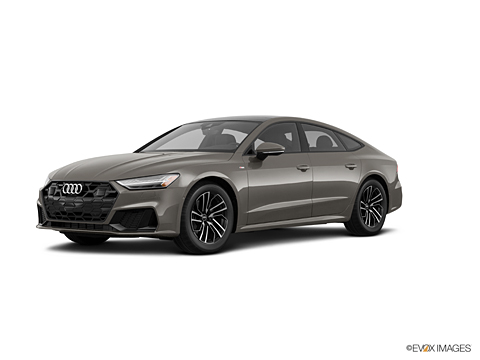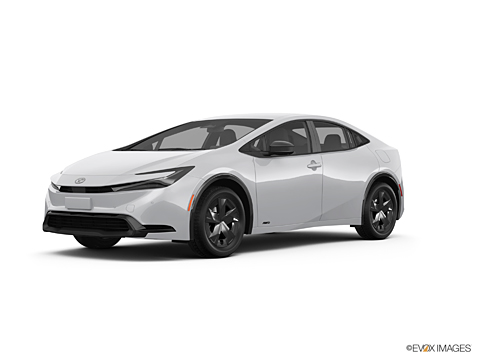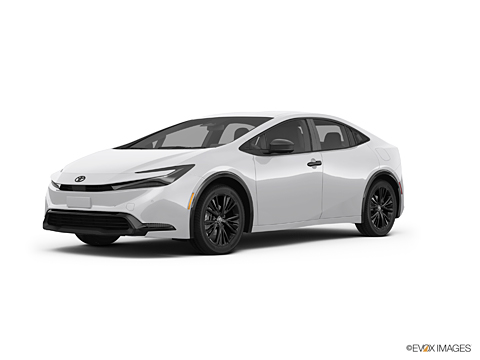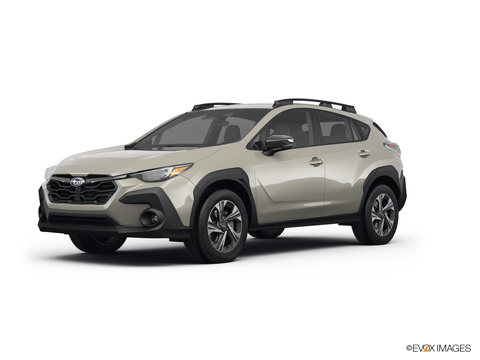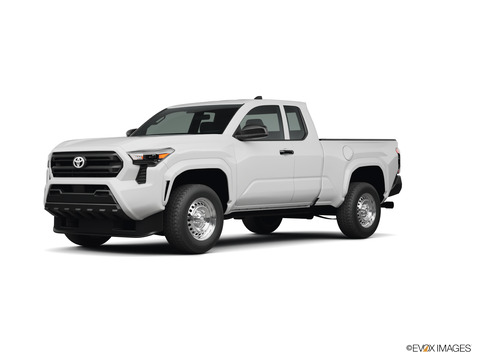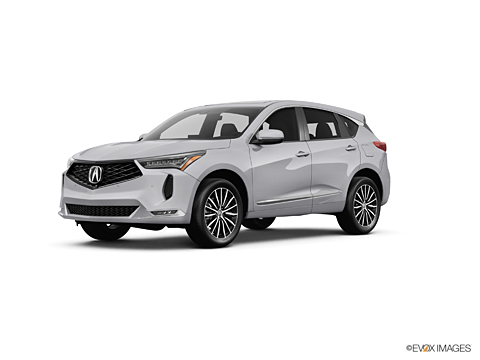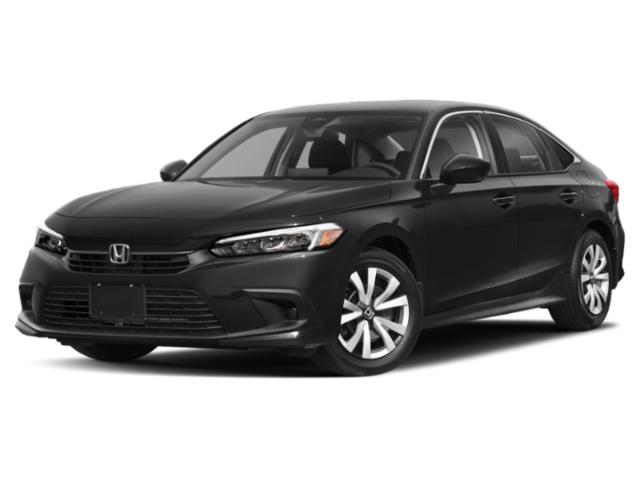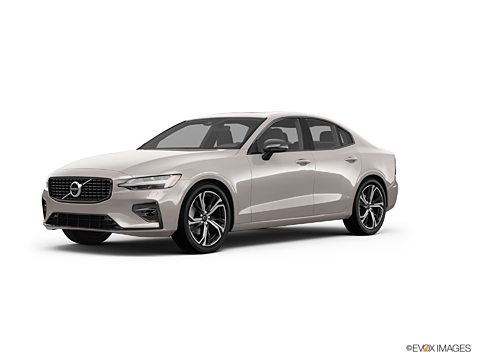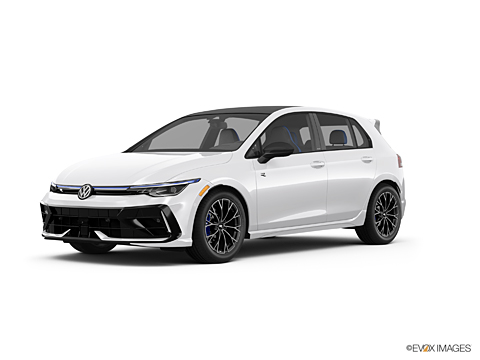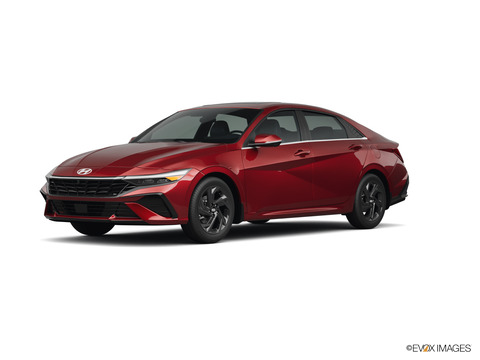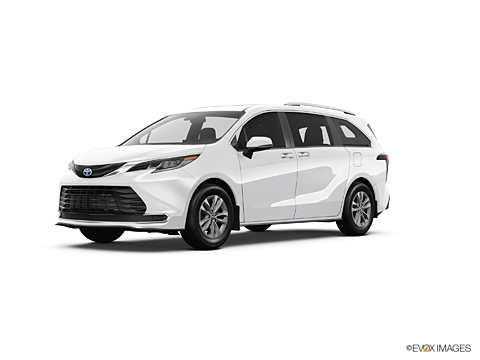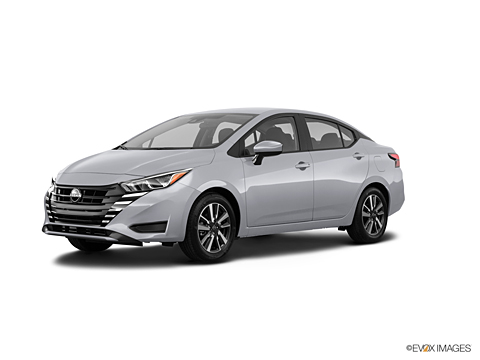
Best Sedans for the Money for 2026
The best sedans for the money are ranked based on an analysis of their price and average lifespan, with the top-ranked models offering the longest life at the lowest price.
The best small and compact car for the money is the Mazda Mazda3 Sedan, with the Honda Accord being the best midsize car for the money. The Dodge Charger ranks #1 for the best large cars for the money.
The best hybrid car for the money is the Toyota Prius (hatchback), with the Toyota Prius Plug-in Hybrid being the best plug-in hybrid car for the money (PHEV).
iSeeCars.com identified the best value (“best for the money”) new sedans based on their price and potential lifespan. Sedans with the lowest cost per 1,000 miles of total potential lifespan are ranked the highest.
While sedans have fallen in popularity compared to SUVs and crossovers in recent years, they remain an excellent choice for consumers seeking higher fuel economy and a nimble, sporty driving experience. Beyond their higher mpg ratings, many new car buyers appreciate the smooth ride, lower starting price, and easy maneuverability of traditional four-door subcompact and midsize sedans.
Several traits associated with SUVs can also be found in today’s cars, including all-wheel drive and even hatchback body styles that improve on the traditional sedan’s trunk space. For buyers seeking maximum passenger space, full-size or large sedans offer rear-seat legroom and headroom on par with large SUVs at a far lower purchase and operating cost. And every model, from entry-level compact sedans to high-end luxury cars, can be had with touchscreen-based infotainment systems featuring Apple CarPlay and Android Auto, usually as standard equipment.
Driving enthusiasts understand that, with their lighter weight and lower center of gravity, sedans remain some of the best cars for high performance fans. Front-wheel-drive models like the Honda Civic Type R, and rear-wheel drive sports sedans like the Cadillac CT4 Blackwing, feature high horsepower engines and manual transmissions, delivering sports car-like performance compared to their base trim level counterparts, though at an admittedly much higher price point.
Enthusiasts seeking a middle ground between price and performance should consider cars that still offer four-cylinder turbo engines and an effective mix of comfortable ride quality, passenger-friendly back seat space, and engaging driving dynamics. Small or compact cars like the Hyundai Elantra, Mazda 3, Subaru Impreza, and Volkswagen Jetta earn commuter-friendly mpg ratings from their base engines and are still more fun to drive than heavier, more expensive and less-fuel-efficient SUVs.
If fuel costs are a primary concern, hybrids and plug-in hybrids, such as the Kia K5 and Toyota Prius, deliver substantially higher fuel efficiency than SUVs or traditional cars. And, with the automotive industry’s move toward electric cars, buyers can completely eliminate fuel costs if they prefer to go with a battery-based powertrain.

How We Rank These Cars
The Best Cars for the Money list ranks cars by their annual cost, which compares the purchase price of the car against how long the car lasts. We believe this is a good determiner of value--the lower the annual cost, the better the value.
iSeeCars analyzed millions of cars to determine how long each car can last. Then we calculated the annual cost over the lifespan for each vehicle. In the event two or more vehicles have the same annual cost, we use iSeeCars proprietary rating of the overall quality of the car (iSeeCars Score) to break the tie.
The overall iSeeCars Score is an analysis of three factors: reliability, resale value and safety. It is calculated based on the latest research and analysis by our data science team. The data analysis comes from over 12 million new and used vehicles in our Longest-Lasting Cars and 5-Year Depreciation Studies, combined with NHTSA and IIHS Safety Ratings.
Vehicles are scored in three categories:

Reliability
The reliability score represents an analysis of iSeeCars' proprietary research on the longest-lasting vehicles.

Value Retention
The value retention score is based on our data science team's statistical analysis and prediction of 5-year depreciation from MSRP to determine which cars hold their value best, using US Bureau of Labor Statistics data to adjust for inflation.

Safety
The safety score is calculated based on the last five years of crash test ratings from the National Highway Traffic Safety Administration (NHTSA) and incorporates the latest Top Safety Pick information from the Insurance Institute for Highway Safety (IIHS).






